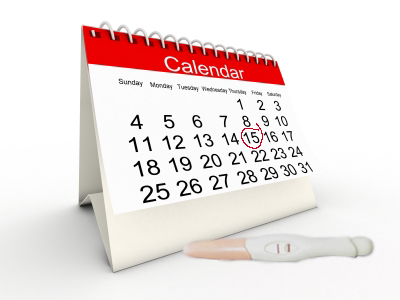Having fertility problems doesn’t necessarily mean you will never get pregnant. I know because I have experienced it. Unlike other women who gets pregnant effortlessly, I struggled to conceive. I haven’t been able to get pregnant after trying for a year and a half so I finally decided to consult a doctor. But before conducting any test, the doctor advised me to track my ovulation to learn when I am likely to ovulate. The doctor said that when trying to conceive, tracking the ovulation is important because some couples simply missed their most fertile days.
Do you know how to track your ovulation? There are several ways to track your ovulation in order to know when you are most fertile. One of these is by downloading the free fertility calculator app online. These apps are great and can even tell you when you’re due date is when you get pregnant. These are available for all android and iPhone users and there are a lot of them to choose from! What these apps will usually ask is the first day of your last menstrual period and how many days your cycle is. These apps will do the math for you and will just alert you when you’re ovulating! Sounds cool! Less hassle, right? There’s only one problem in using this app. This only works for those with regular menstrual cycle. So if you’re having an irregular cycle, the results may not be accurate for you. You may wanna try using another way to check your ovulation instead like using a BBT thermometer, an ovulation predictor kit or check your cervical mucus. Our friends in http://pregnancytips.org has advice on how you can regulate your cycle so you can use these apps in the future.
Tracking the ovulation is just the first step. If it don’t help, then you may need a fertility specialist for a complete testing. I am glad that I didn’t undergo further tests because tracking the ovulation worked for me. We got pregnant after six months!
Image Credits:
David Castillo Dominici – FreeDigitalPhotos.net
